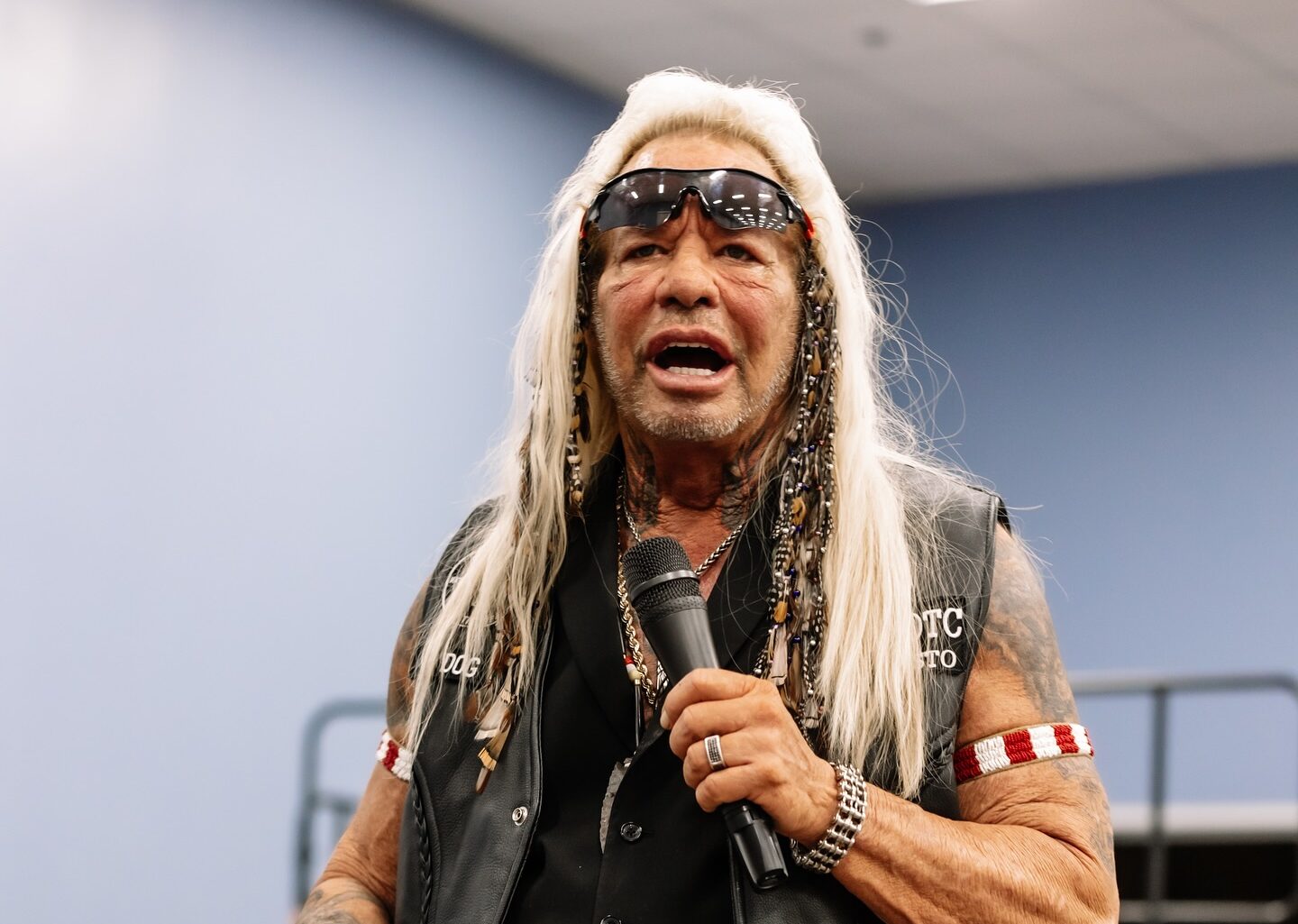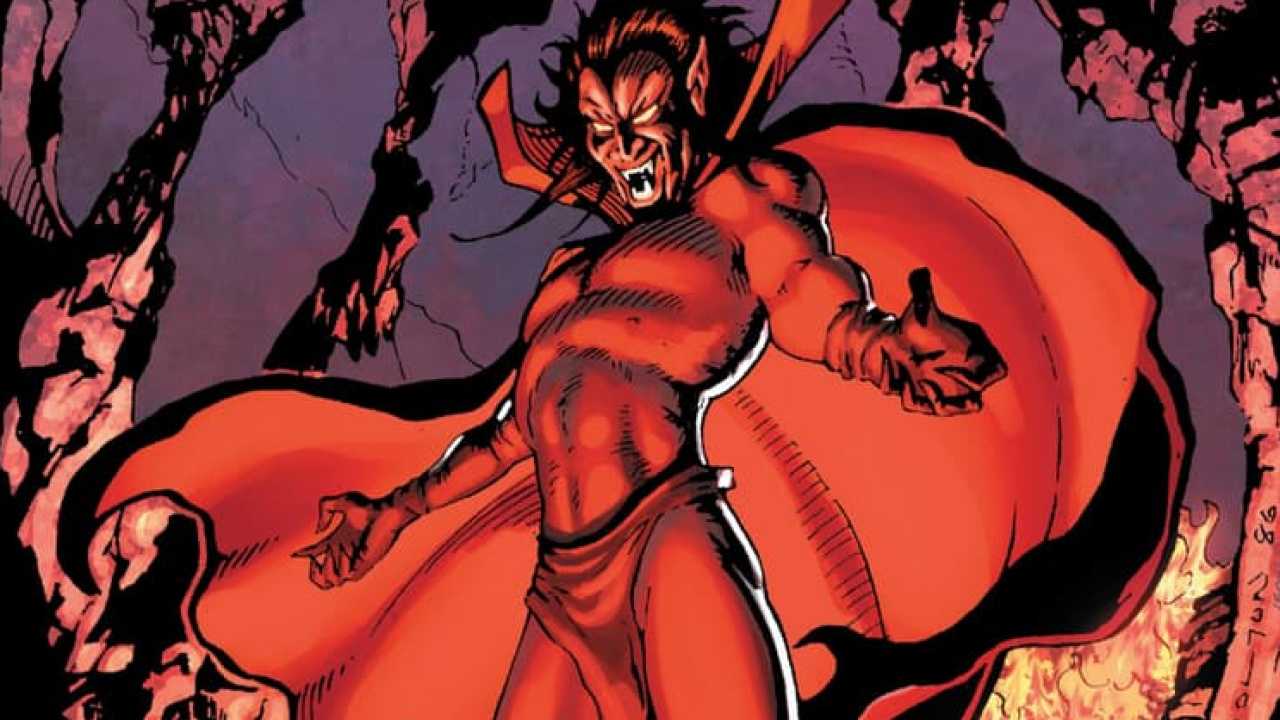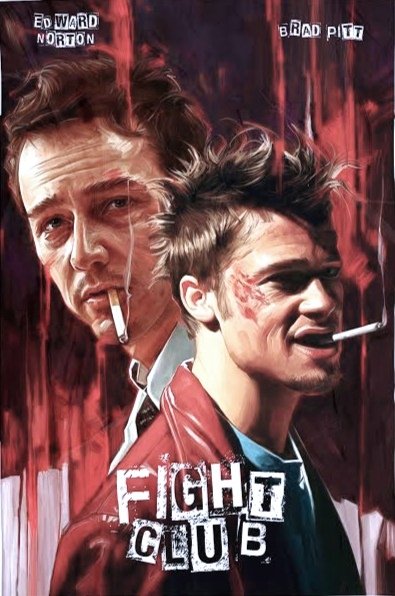
Fight Club: A Raw, Unrelenting Tale of Identity and Chaos
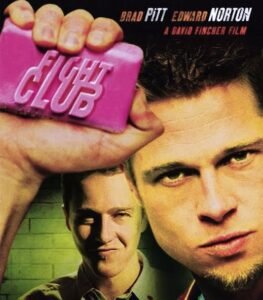
Table of Contents
- Introduction
- The Origins of Fight Club
- Plot Summary: A Journey Into Madness and Meaning
- The Narrator’s Hollow Life
- Meeting Tyler Durden
- The Birth of Fight Club
- Project Mayhem Unleashed
- Themes That Define Fight Club
- Consumerism and Its Discontents
- Masculinity in Crisis
- Identity and Self-Destruction
- The Iconic Characters
- David Fincher’s Vision: A Dark and Gritty Aesthetic
- The Cultural Impact of Fight Club
- Lessons and Controversies
- Decoding the Shocking Twist
- FAQs About Fight Club
Introduction
Released in 1999, Fight Club was a movie that shook the foundation of storytelling and filmmaking. Directed by David Fincher and based on Chuck Palahniuk’s novel, the film delves deep into themes of identity, consumerism, and rebellion. Featuring unforgettable performances by Edward Norton, Brad Pitt, and Helena Bonham Carter, Fight Club is a gritty, thought-provoking masterpiece that continues to ignite conversations and interpretations decades later.
The Origins of Fight Club
Fight Club began as a novel by Chuck Palahniuk, published in 1996. The book’s stark critique of modern society and its exploration of the male psyche caught the attention of David Fincher, who transformed it into a film with a raw and visceral cinematic style. While the film initially polarized critics and audiences, it later gained a cult following and became one of the most iconic movies of the late 20th century.
Plot Summary: A Journey Into Madness and Meaning
The Narrator’s Hollow Life
The film begins with the unnamed Narrator (Edward Norton), a disillusioned white-collar worker suffering from insomnia. He leads a monotonous life dominated by consumerism, filling his empty apartment with IKEA furniture and material possessions. Seeking solace, he attends support groups for ailments he doesn’t have, finding temporary relief through emotional catharsis.
Meeting Tyler Durden
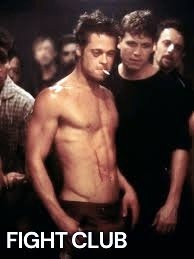
On a business flight, the Narrator meets Tyler Durden (Brad Pitt), a charismatic and enigmatic soap salesman with a disdain for societal norms. Tyler represents everything the Narrator is not—free-spirited, rebellious, and fearless. When the Narrator’s apartment mysteriously explodes, Tyler offers him a place to stay, setting the stage for their intense and transformative relationship.
The Birth of Fight Club
Tyler and the Narrator form Fight Club, an underground group where men vent their frustrations through bare-knuckle fighting. What begins as a simple escape from the confines of modern life quickly evolves into a subculture of rebellion. Fight Club becomes a movement, attracting men who are similarly dissatisfied with their lives and seeking meaning in chaos.
Project Mayhem Unleashed
As Fight Club grows, Tyler initiates Project Mayhem, a radical plan to disrupt society through acts of vandalism and destruction. The Narrator becomes increasingly uneasy as Tyler’s vision spirals out of control, blurring the line between rebellion and terrorism. This leads to a shocking revelation that changes everything the Narrator thought he knew about himself and Tyler.
Themes That Define Fight Club
Consumerism and Its Discontents
Fight Club critiques the emptiness of consumer culture, highlighting how materialism fails to provide true fulfillment. Tyler’s philosophy challenges the notion that possessions define identity, famously declaring, “The things you own end up owning you.”
Masculinity in Crisis
The film explores modern masculinity and the struggle to find purpose in a world that has become increasingly disconnected from traditional roles. Fight Club provides its members with a primal outlet for their frustrations, addressing the yearning for power, control, and belonging.
Identity and Self-Destruction
At its core, Fight Club is about the search for identity. The Narrator’s journey is one of self-discovery through destruction, as he confronts his inner demons and grapples with the duality of his existence.
The Iconic Characters
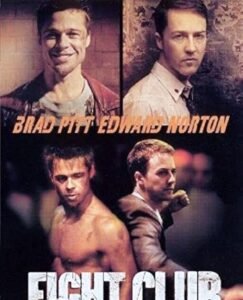
- The Narrator (Edward Norton): A man trapped by societal expectations, whose descent into chaos is both terrifying and transformative.
- Tyler Durden (Brad Pitt): The embodiment of freedom, rebellion, and destruction, Tyler is as alluring as he is dangerous.
- Marla Singer (Helena Bonham Carter): A chaotic yet vulnerable presence, Marla serves as both a mirror and a catalyst for the Narrator’s unraveling.
David Fincher’s Vision: A Dark and Gritty Aesthetic
David Fincher’s direction brings a gritty, hyper-stylized look to Fight Club. The film’s use of dark tones, frenetic pacing, and innovative visual effects mirrors the chaotic and fractured mindset of the Narrator. Fincher’s meticulous attention to detail and ability to create tension elevate the film to a cinematic masterpiece.
The Cultural Impact of Fight Club
Initially dismissed by critics for its violent themes, Fight Club found a second life through word of mouth, becoming a cult classic. Its exploration of societal discontent resonated with a generation questioning the status quo. Lines like “You are not your job, you are not how much money you have in the bank” have become rallying cries for those seeking freedom from societal constraints.
Lessons and Controversies
Lessons
- Self-Identity Is Key: True happiness comes from understanding and accepting who you are.
- Question the Norm: Fight Club challenges viewers to rethink societal norms and consumer-driven values.
- Balance Is Essential: The film serves as a cautionary tale about the dangers of unchecked rebellion and nihilism.
Controversies
The film’s violent content and themes of anarchy sparked debates about its influence. While some critics saw it as a glorification of chaos, others viewed it as a critique of societal ills.
Decoding the Shocking Twist
The film’s twist—that Tyler Durden is a figment of the Narrator’s imagination—reframes the story entirely. Tyler represents the Narrator’s suppressed desires and rage, making their dynamic a metaphor for inner conflict. This revelation forces the Narrator to confront his own fractured psyche, culminating in a battle for control of his identity.
FAQs About “Fight Club”
1. What is Fight Club about?
Fight Club follows an unnamed Narrator as he grapples with identity, consumerism, and rebellion, ultimately confronting the darker aspects of his psyche.
2. Who is Tyler Durden?
Tyler Durden is the Narrator’s alter ego, embodying his suppressed desires for freedom and chaos.
3. What does the soap symbolize?
Soap, made from human fat in the film, symbolizes purification and destruction—a duality central to the story.
4. Is Fight Club a critique of society?
Yes, the film critiques consumerism, societal expectations, and the search for identity in a conformist world.
5. Why is Fight Club a cult classic?
Its bold themes, innovative storytelling, and shocking twist resonated deeply with audiences, making it a film that continues to spark analysis and debate.
“300”: A Tale of Courage, Sacrifice, and Immortality“Death Race”: A High-Octane Thrill Ride of Survival and Revenge“Death Race”: A High-Octane Thrill Ride of Survival and Revenge
Discover more from imd369
Subscribe to get the latest posts sent to your email.
